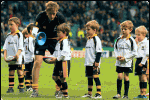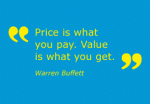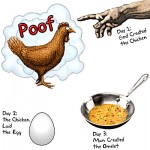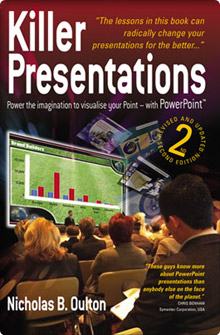Team Coaching
I’m in an office opposite the boardroom of a client in India, while the team we have been coaching for the past 2 days is doing their pitch. The other members of the m62 team here are back at the hotel asleep, having worked until 1AM to finish the changes to the presentation.
I’m not normally here, I’m normally either in the room or on the way home, this halfway house is uncomfortable, but I guess that’s the role of the coach. At some point the coaching stops and the team play the game. You either did a good job or you didn’t, it’s now up to them.
It’s going to be the same next month for the Under 10 (years old) rugby team I’m coaching, when they step out on the field for the Cheshire Cup competition; except I will be on the touch line watching every move, every pass and desperately trying not to care how they do as long as they enjoy it.
Team versus individual coaching
There are lots of similarities between the two types of coaching, kids in sport and sales people in business:
- They all want to win
- They all need positive encouragement
- Guided discovery is better for them than directed learning
- They generally all want to be coached but want to pretend they don’t need it
- Cohesion as a team trumps individual star performances
And my role is pretty similar as well:
- Share knowledge in a constructive way
- Demonstrate where appropriate
- Praise good behavior
- Identify and correct bad behavior
- Ask questions to encourage thought
On the whole, coaching is coaching, and the big differences are really around coaching individuals rather than teams. I’ve coached thousands of presenters and hundreds of teams and the role is different. With an individual it’s about being the best they can be. I spend my time refining performance, tweaking and nudging the presentation and the individual until it delivers the optimum result.
Everyone is on stage
For teams in a presentation, the best presentation on the day is all for nothing if one “Cast Member” (a non-presenter who is in the room because he/she is important or knowledgeable) undermines the pitch in some way. A bad facial expression, poor body language or an inappropriate interjection. It’s a team game and the star player won’t win the game for you if the rest don’t support them. As in Rugby or in Life, success depends on your team not just you.
Oh one more similarity between kids at rugby and salespeople in a pitch—if they lose, they all want to cry! Well, occasionally me too!






